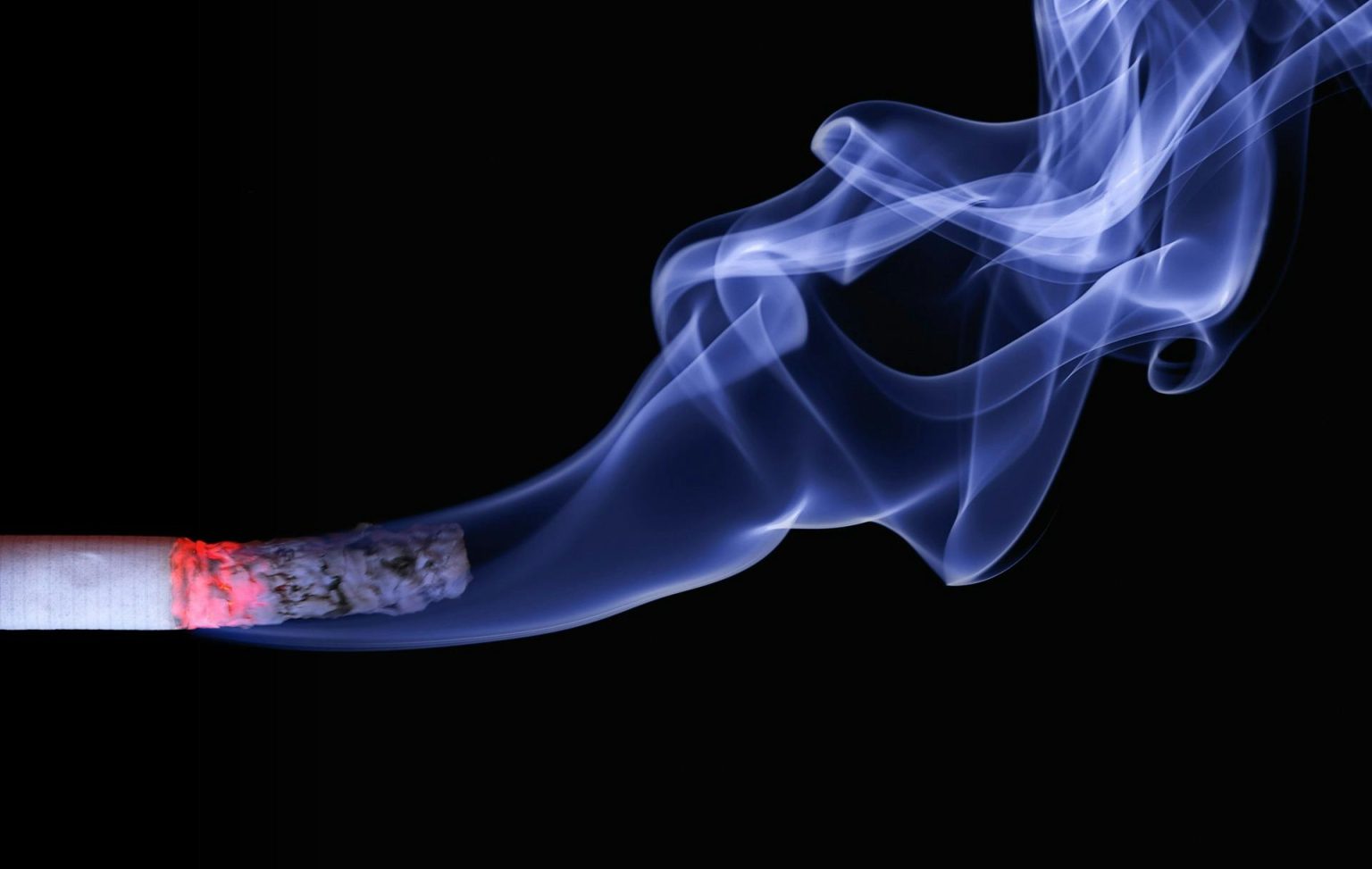- Hair transplant expert reveals smoking can prevent hair growth through inflammation and even risk hair loss due to follicle damage.
- Smoking can risk premature ageing, which can affect your hair too, causing early greying.
- Secondhand smoke can also risk damage to the hair health of non-smokers.
Smoking is known for its detrimental effects on overall health, but you might not be aware of how it can affect your hair health.
The harmful chemicals in cigarettes could lead to significant hair problems, including hair loss and thinning, according to hair transplant experts at Manchester Hair Transplant Clinic, who shed light on why smoking affects your hair health.
Reduced circulation to hair follicles
Smoking can constrict blood vessels, reducing blood flow to the scalp and hair follicles. This means hair follicles get fewer nutrients and less oxygen, leading to weakened strands and increased hair shedding.
Damage from toxins and chemicals
Cigarettes contain harmful chemicals like nicotine, carbon monoxide, and tar. These can damage the DNA in hair follicles and disrupt normal hair growth, resulting in brittle, fragile hair that is more prone to breakage and loss.
Inflammation of the scalp
The toxins in cigarette smoke can cause inflammation in the scalp. An inflamed scalp can prevent hair growth and worsen conditions like dandruff or psoriasis, increasing the likelihood of hair thinning and loss.
Hormonal imbalances
Smoking can alter the hormone levels related to hair growth. Imbalances in estrogen and testosterone can lead to pattern baldness and other forms of hair loss in both men and women.
Increased production of DHT
Dihydrotestosterone (DHT) is a hormone linked to hair loss. Smoking can increase DHT levels, resulting in hair follicle miniaturization related to thinning hair and baldness.
Oxidative stress on hair follicles
Smoking generates free radicals that cause oxidative stress and damage hair follicles. This means impaired function and premature aging, which can cause early greying.
Compromised immune system
A weakened immune system due to smoking can make the body more susceptible to infections and autoimmune conditions like alopecia areata, where the immune system attacks hair follicles, leading to hair loss.
Damage from secondhand smoke
Smoking doesn’t just affect the smoker, as secondhand smoke can also deposit toxins onto the hair and scalp of others. This exposure can lead to similar inflammatory responses and hair damage in non-smokers, especially children.
Nutritional deficiencies
Smoking can hinder the body’s ability to absorb essential nutrients like vitamins A, C, and E, which are vital for healthy hair growth. Deficiencies in these nutrients can lead to dull, lifeless hair and increased breakage.
Interference with hair treatments
For those utilizing hair restoration treatments or surgeries, smoking can affect the healing process. Poor circulation and reduced oxygen levels can slow recovery and diminish the effectiveness of treatments aimed at combating hair loss.
Yannis Giantzides, CEO of Manchester Hair Transplant Clinic, says:
“While we know that quitting smoking benefits your overall health, this advice hopefully provides an additional incentive for anyone who is concerned about their hair – especially if they’re looking to slow down thinning or hair loss.
“As well as reducing the risk of premature greying and follicle damage, stopping smoking will also mean your hair won’t smell like smoke to those around you, which it probably has done in the past. The smell of cigarette smoke is a common complaint among non-smokers, making this beneficial for both health and social reasons.”
